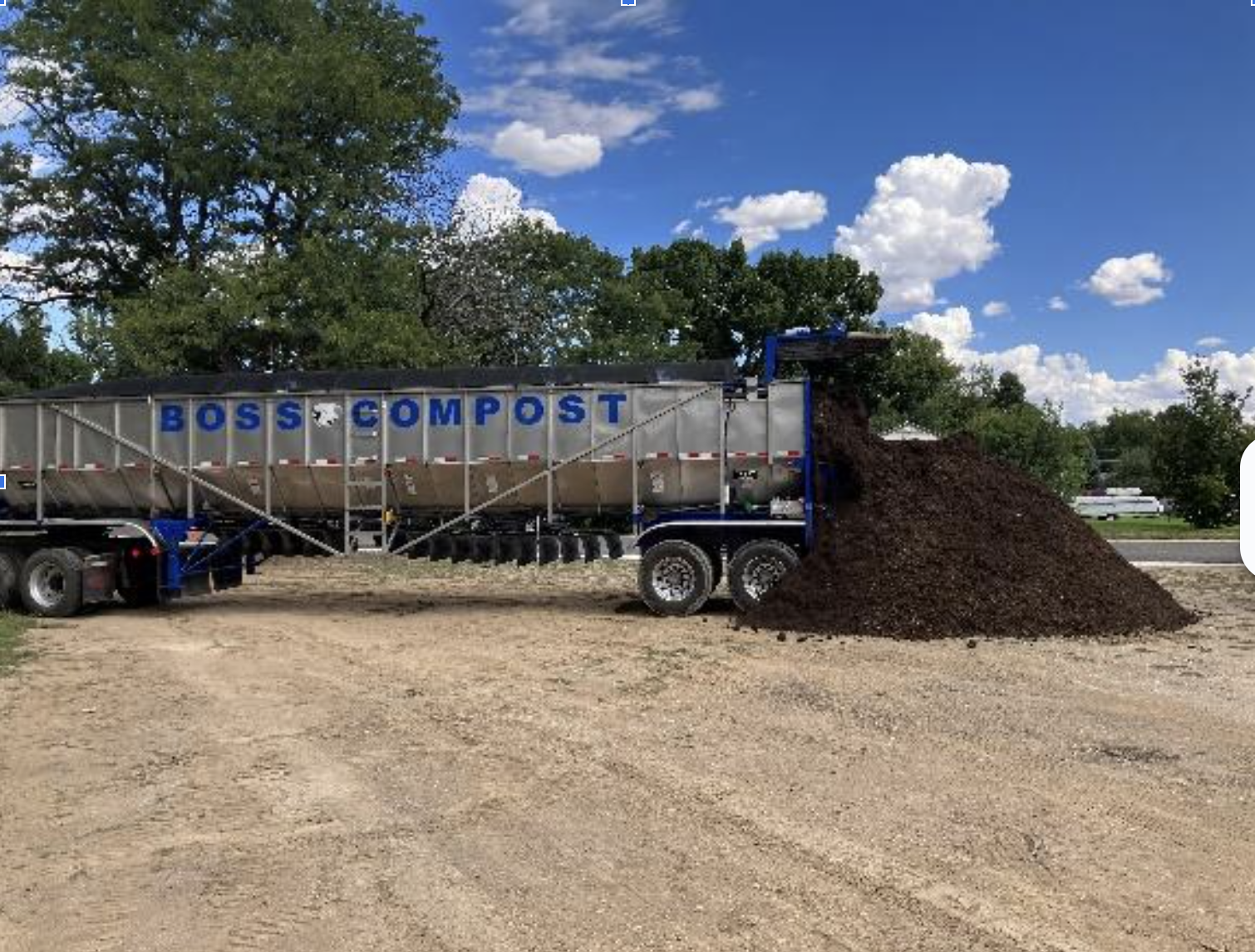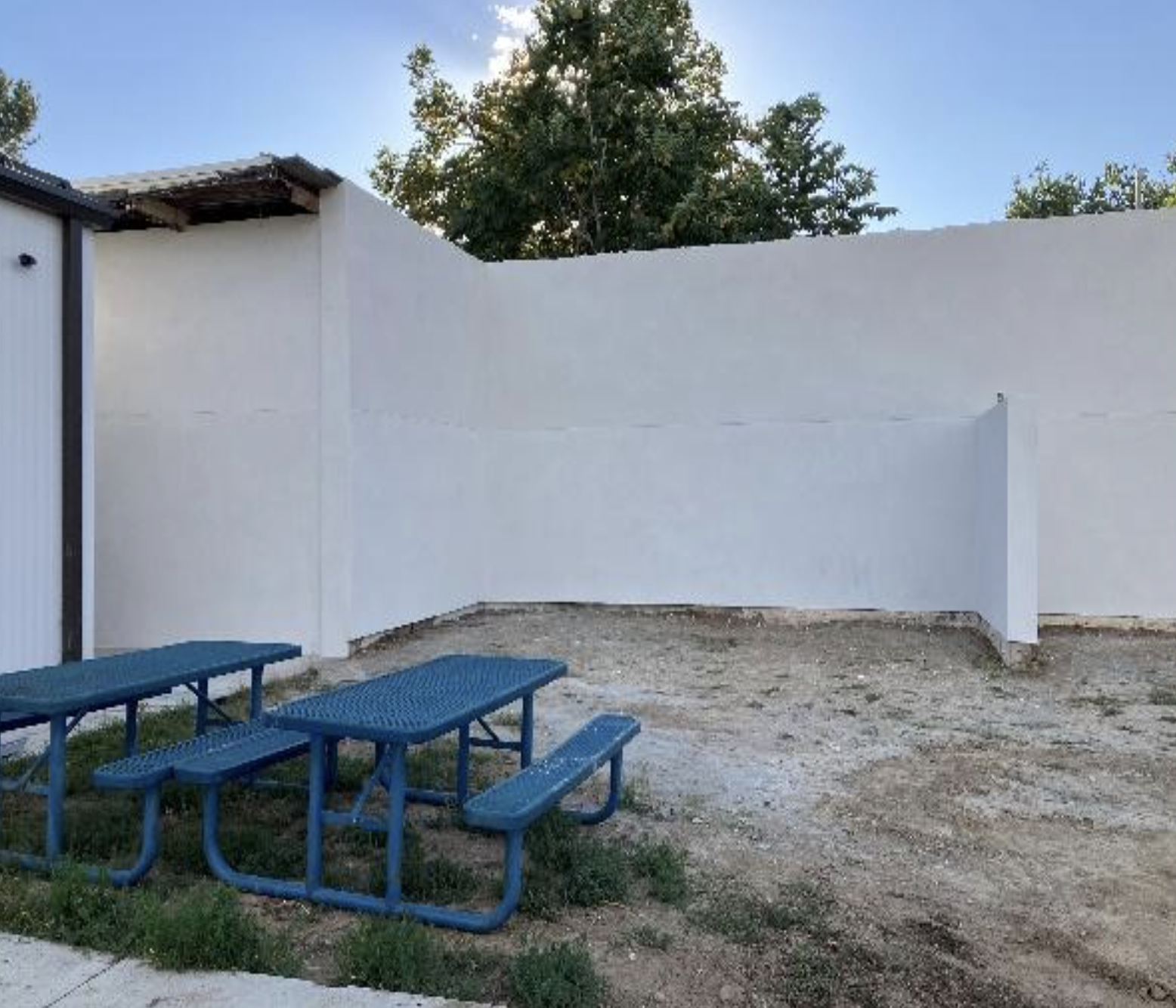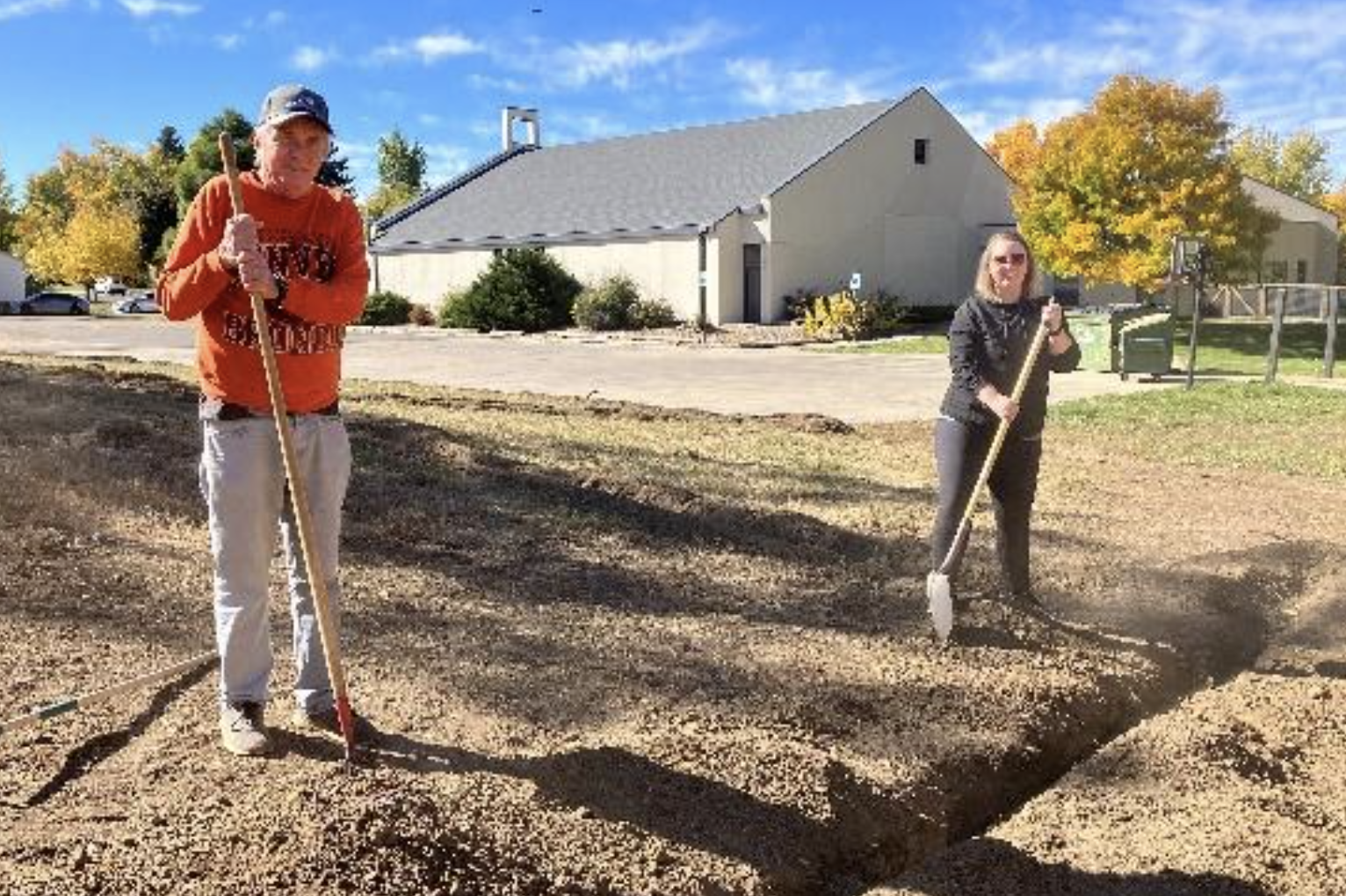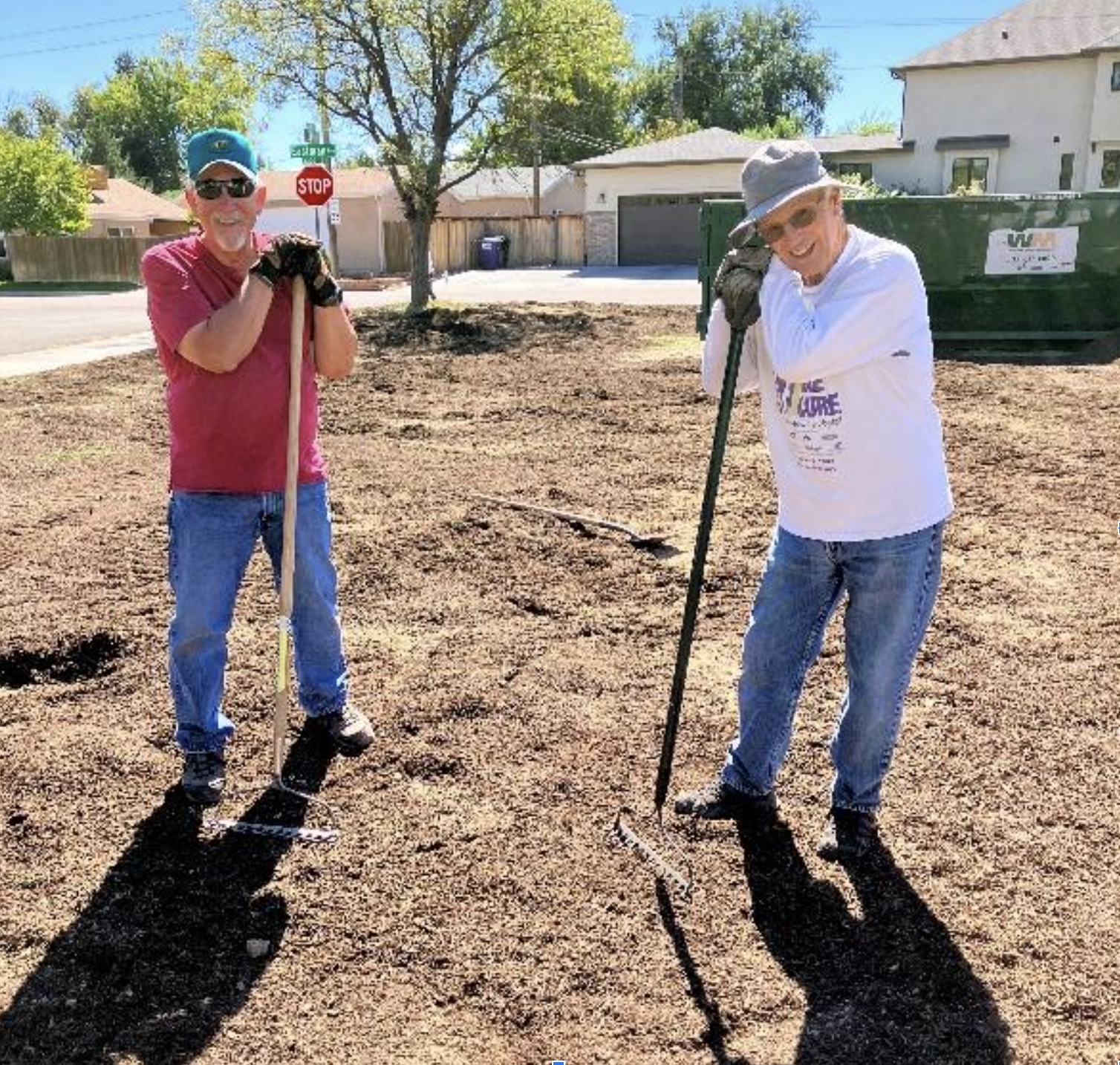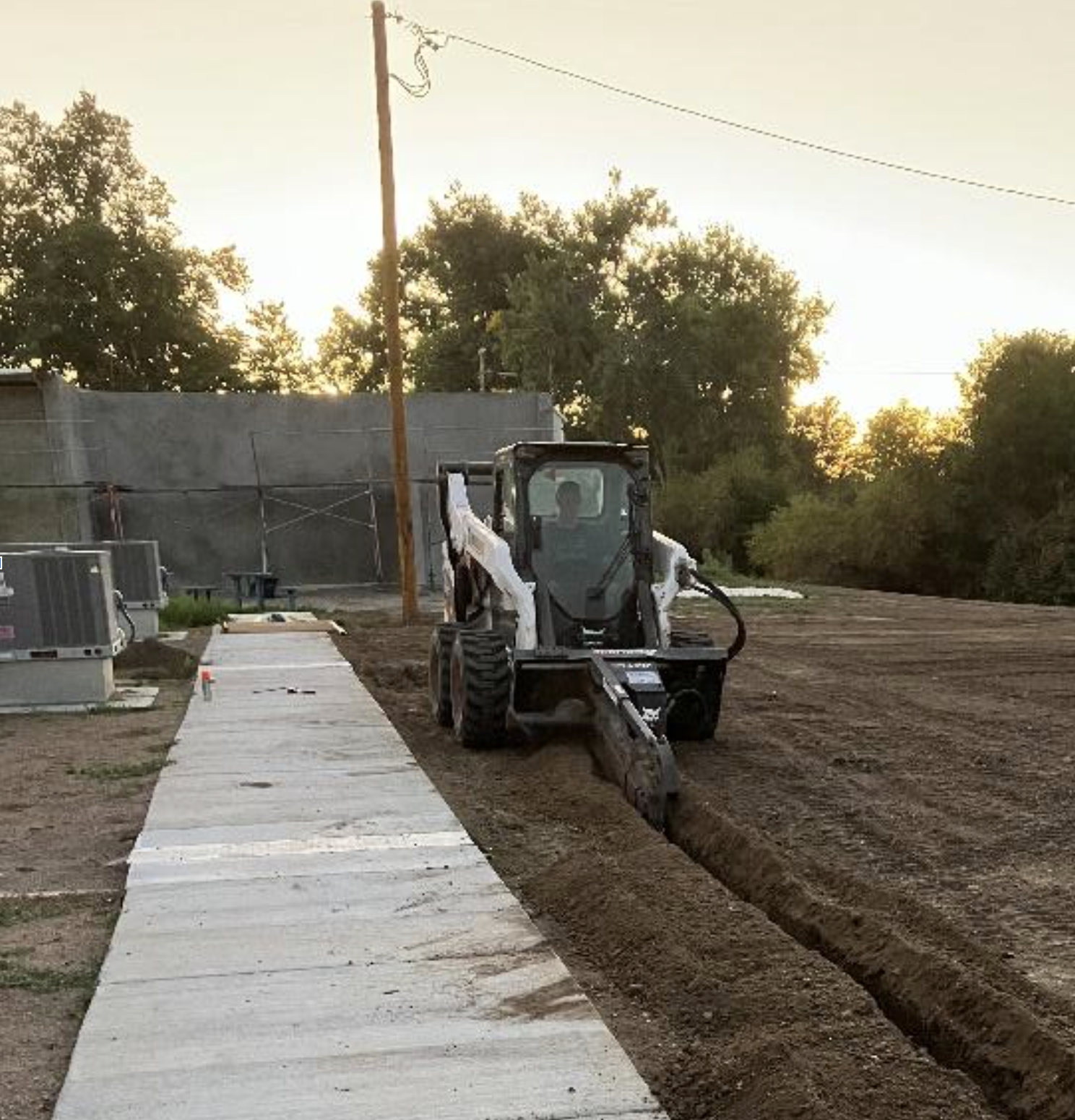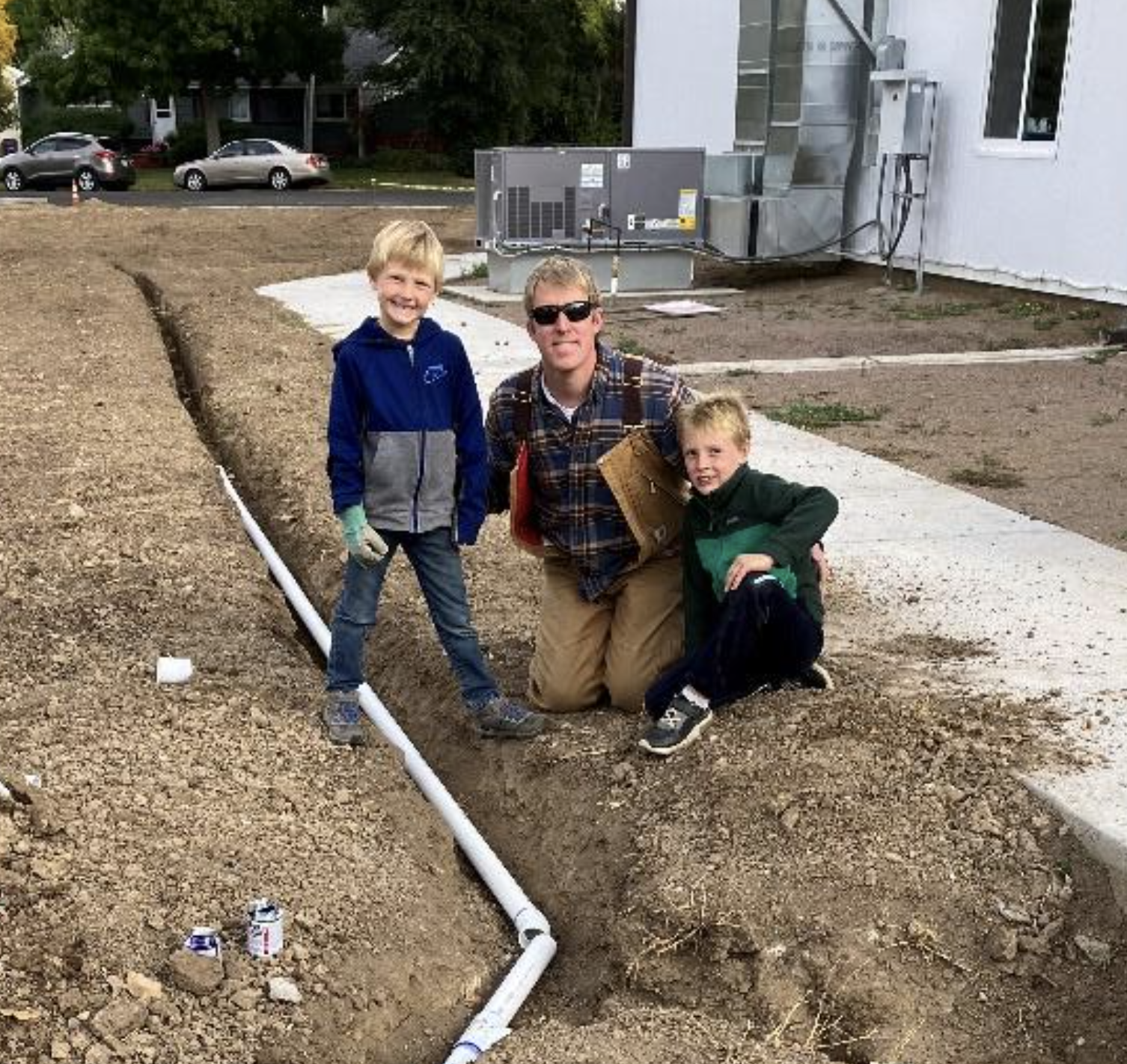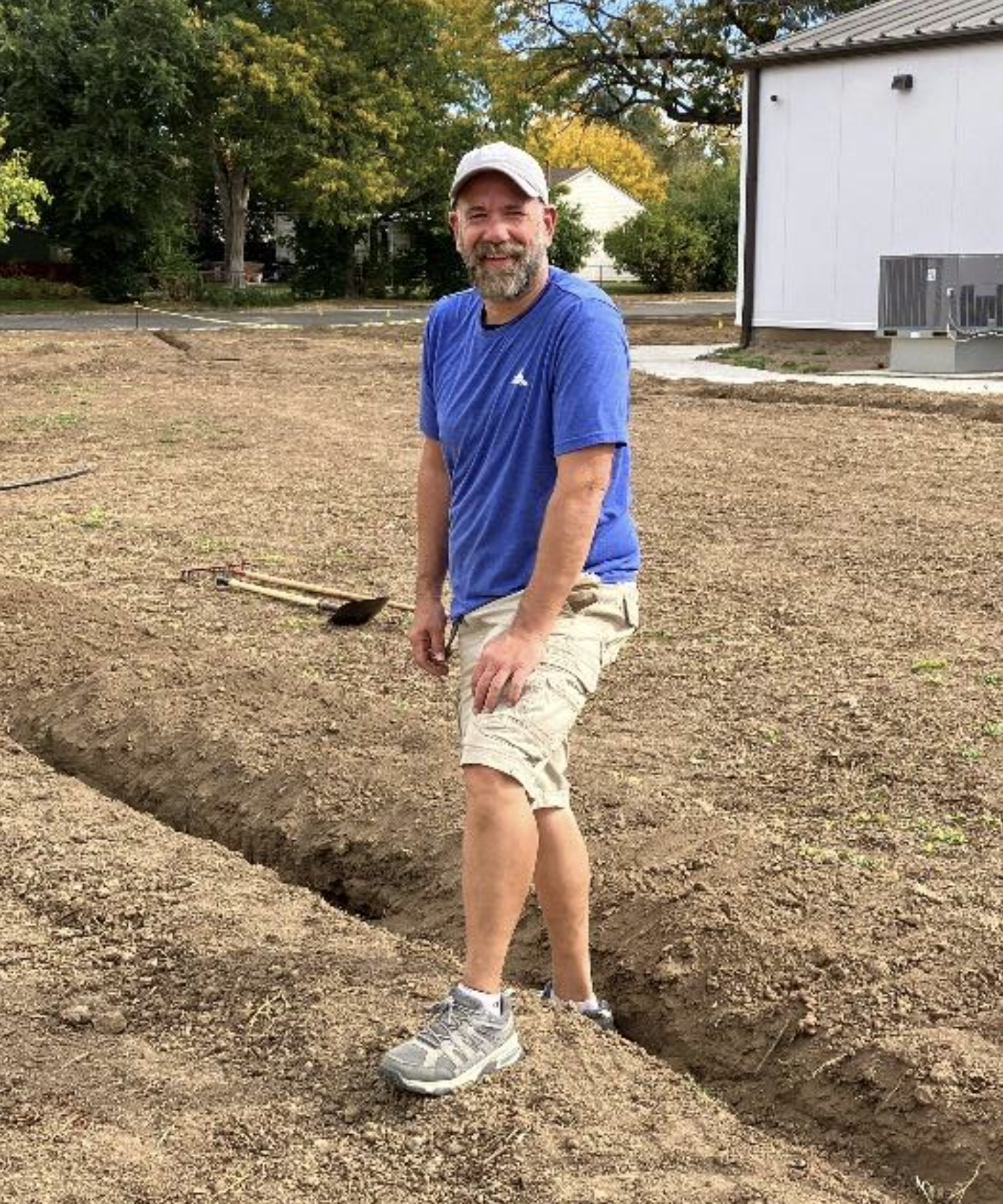The new year comes hard on the heels of our Advent and Christmas celebrations. As we move into the year ahead, we do so in the warm glow of flickering lights around a manger bed where the Savior of the world lies sleeping. And as I think about His birth and the events around it, the word “Earthy” comes to mind.
Our births today come in a sterile environment. The temperature in the room is just right and the bed is specially designed for giving birth. The nurses are attentive to the mother to be, and the doctor is at the ready. There is likely even a sofa where the father can rest.
But the birth of Christ came in an earthy way. Luke, the physician, interviews people as he writes his Gospel. Can you imagine him sitting down with Mary and hearing from her point of view how the birth of Jesus took place? The details are, well, earthy!
Mary is visited by the angel, Gabriel, who tells her she’ll become pregnant with the Son of God, even though she is a virgin. This young girl accepts God’s will for her, although it will likely bring her and her family great shame. Joseph is going to divorce her, until an angel tells him of the divine conception.
A census was declared by Caesar Augustus, for the purpose of taxing the people. And everyone has to register in the town from where their ancestors have come. As inconvenient as this is, interrupting the livelihood of Joseph, he and Mary must make the trip. Never mind that Mary is pregnant, and that the distance from Nazareth to Bethlehem is around ninety miles, Rome must have an accurate count of the people it rules.
And so, the pair travels to the little town of Bethlehem. Our Christmas programs have the couple arriving on the very night that Mary goes into labor, but Luke’s description sounds more like she and Joseph have been there for a period of time: “While they were there, the time came for her to give birth” Luke 2:6. The likely scenario is that Mary and Joseph arrived in Bethlehem and stayed with relatives in order to register. The culture was, and still is, one of hospitality, and relatives would have insisted that Mary and Joseph stay with them, especially in her condition.
Luke continues, “She gave birth to her firstborn son and wrapped him in swaddling cloths and laid him in a manger, because there was no place for them in the inn” (Luke 2:6-7). The word that is translated “inn” is ‘kataluma’ and means a “guest lodging”, or “guest room”. Luke uses the same Greek word only one more time in his Gospel, this time referring to the “guest room” or “upper room” where Jesus ate the Last Supper with his disciples.
Archaeology has shown that it was common in that day to house animals in the house at night with the family. The place for the animals might be in a side room, in a portion of the main room, or downstairs, with the family living space being in the upper part of the house.
It is very unlikely that the little town of Bethlehem would have had a commercial inn, being small and not on a main road to Jerusalem. And the meaning of the Greek word ‘kataluma’ fits perfectly with the finding of archaeologists.
It is very likely, then, that Mary and Joseph travelled to Bethlehem from Nazareth and that they stayed with a relative in a possibly crowded house, many other relatives having also returned to Bethlehem to register. Where, then, could Joseph find privacy for Mary to have the baby when the time finally came? It was night, and perhaps others were asleep in the crowded guest room. So. Joseph took her to where the animals were kept, and there Jesus was born, and Mary wrapped him in swaddling cloths, and laid him in the most comfortable place she could – in the hay of a feeding trough.
Now, shepherds from the nearby fields show up. They are looking for a baby in a manger, and they find him and Mary and Joseph at the house, with the animals. And they relate to the couple what they had been told, that this child is the Savior, God’s Messiah!
Luke says, “And when they saw it, they made known the saying that had been told them concerning this child. And all who heard it wondered at what the shepherds told them. But Mary treasured up all these things, pondering them in her heart” (Luke 2:17-19). The shepherds told Mary and Joseph, but who is the “all who heard it”? Not Mary and Joseph, but others; perhaps the other relatives in the house who had come to see the baby, possibly neighbors who also knew of the birth?
Earthy. Real. God had come down to earth, and the details of the story are down to earth! Jesus, the Son of David, was not born as royalty in a pristine palace. He was not even born of nobility, or in the house of a priest. Rather, he was born a nobody, to be the redemption of everybody. In the beginning, there was no room for him in the guest room. In the end, the people would have no room for him, and he would be cast out of Jerusalem. His humble mother gave him life, but a powerful Roman judge would sentence him to death. A Roman guard and seal would attempt to keep him dead, but three days later he would take up his life again!
The story of the birth of Jesus is an earthy one, as is the story of his death and resurrection. The events recorded in the Gospels could not be fabricated. They are historically accurate descriptions of the life of Jesus Christ, from his humble birth in Bethlehem, to his glorious ascension into heaven to be our great High Priest.
As Simeon views the baby in the temple when Jesus is forty days old, he says, “Lord, now you are letting your servant depart in peace, according to your word; for my eyes have seen your salvation that you have prepared in the presence of all peoples, a light for revelation to the Gentiles, and for glory to your people Israel” Luke 2:29-32.
May you rejoice this Epiphany season as you see anew the Christ child revealed, born to bear your sins to the cross, that you might receive forgiveness and life from God.
A blessed Epiphany to you!
- Pastor
Art Credit: The Adoration of the Shepherds, c.1665/68. Bartolome Esteban Murillo (1617-1682). Public Domain.

